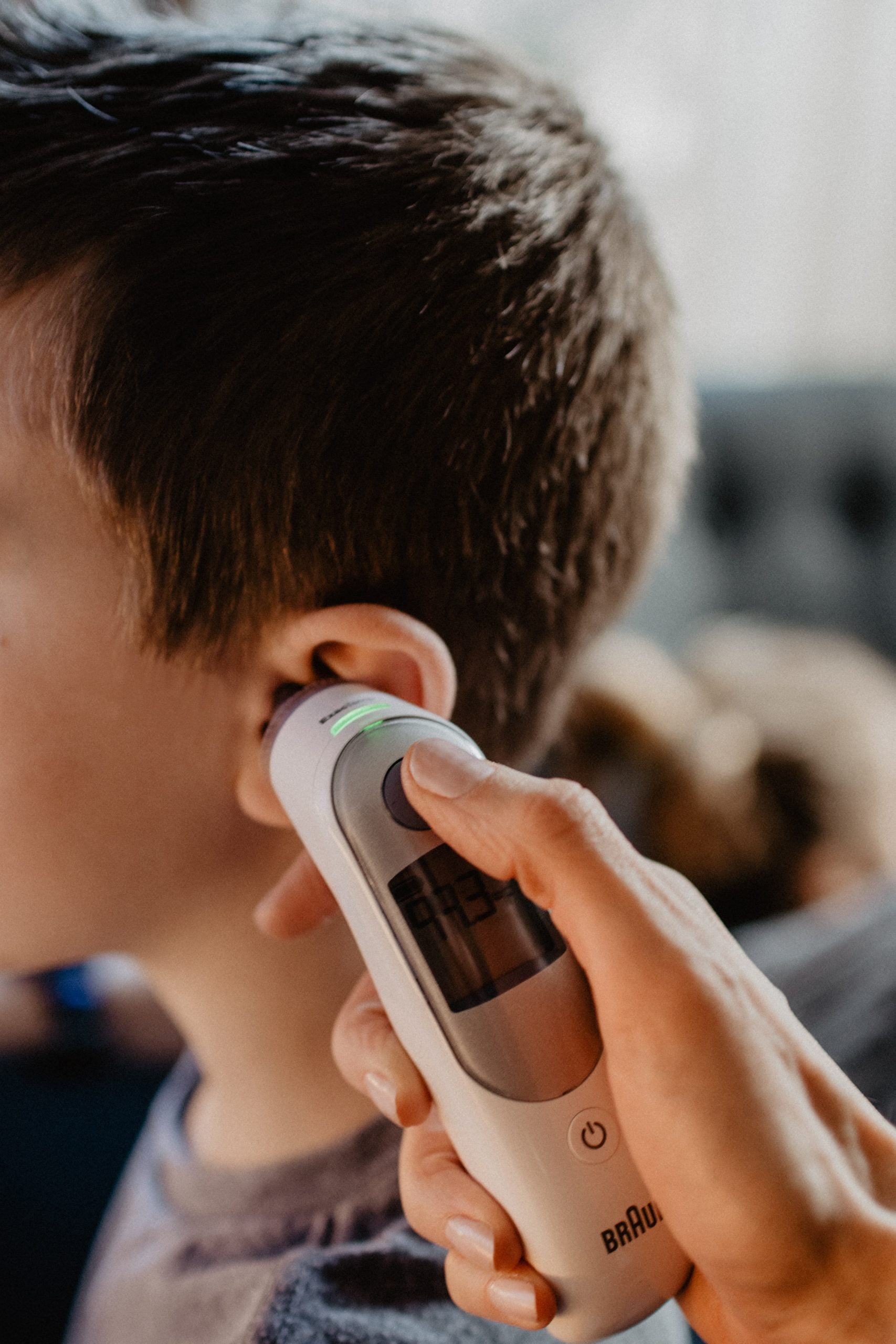
What is dengue?
Dengue is a viral infection transmitted by the bite of an infected Aedes mosquito. It is characterised by a persistent high fever. Globally there are 4 serotypes of the dengue virus, and it is thought that serotypes 1 and 2 are more common in Singapore, although serotype 3 (DENV-3) has also been circulating recently.
What is the current situation?
Dengue fever is prevalent in Singapore and this year there were concerns that the dengue outbreak started earlier than expected ahead of the warmer months. Since the start of the year the number of cases have reached an unprecedented number of over 1000 cases a week. See latest NEA figures here.
It is thought that this is due to the warmer temperatures, more rainfall, more cases of serotype 3, and with most people working from home during the Covid-19 circuit breaker the risk of exposure to mosquito bites has increased. Cases are expected to rise further over the coming months. The latest information about active clusters can be found on the NEA (National Environmental Agency) website.
Is dengue contagious?
No. Dengue is not contagious in that there is no direct person to person transmission and an affected person will not automatically pass it on to everyone in their household. Transmission can only occur through a bite from a mosquito who has become infected by biting an already infected person.
What symptoms should you look out for?
- Sudden onset of persistent high fever – lasting 2-7 days, above 39°C
- Severe headache characterised by pain behind the eyes
- Joint pain
- Muscle pain
- Nausea and vomiting
- Skin rashes
- Fatigue
- Abdominal pain
- Nose bleeds, bleeding gums, easy bruising
- Blood in the urine or stool, vomiting blood
Make an appointment to see your doctor should you experience persistent high fevers and in the event of bleeding symptoms or severe abdominal pain, medical attention should be sought urgently.

What can you do to prevent dengue?
‘The Mozzie Wipeout’ as referred to in government campaigns is key in helping to prevent dengue, by preventing the breeding of the female Aedes mosquito. The aim is to remove all sources of stagnant water around the house that may become a mosquito breeding ground. For example, flower vases should be scrubbed and have their water changed on alternate days, whilst plant pots should have their soil loosened and dishes overturned on alternate days to prevent water collecting. In the bathroom, always empty buckets and cover any rarely used drains or gully traps. In the kitchen, cover any containers storing water and empty water from dish rack trays regularly. Clear leaves from gutters and drains and treat these with insecticide. These small actions should help to keep your house mosquito safe!
The best advice is to avoid getting bitten. Wear insect repellent and try to wear long sleeves (especially in the evening). At IMC we sell RID insect repellent imported from Australia which carries a children and adult range.
Last thoughts
Covid-19 has dominated our thoughts and headlines for the most part of this year so far. However it is important to be aware of other infections such as dengue that are very present in Singapore. Should you experience any symptoms described do not hesitate to call us for an appointment.

Dr Hina Kadwani is a UK trained doctor based at IMC Jelita. Visit imc-healthcare.com
To make an appointment call: 6465 4440 or click here.








